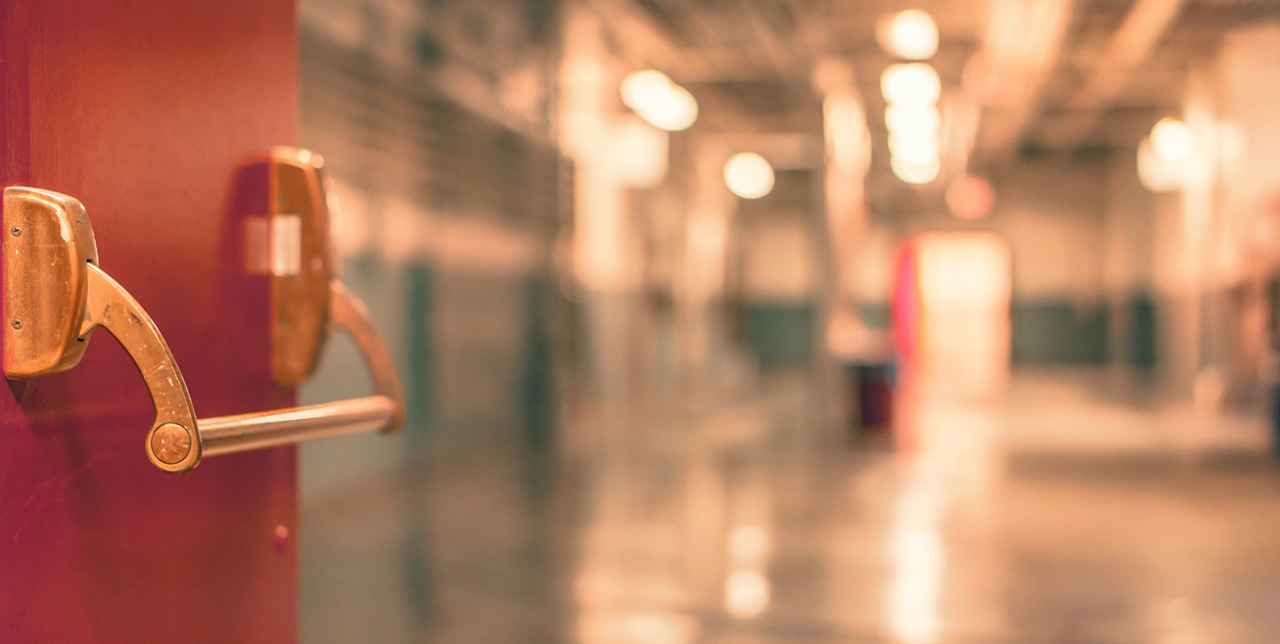
Keeping the door open
It’s easy to underestimate the power of a one-to-one personal connection in retaining students in college; sometimes it’s an advisor, their favorite barista on campus, or it might just be you. Now more than ever, you are an important tether between our now-remote students and campus. Their very sense of identity as a college student may be challenged right now and we know that stress, fear and anxiety don’t usually promote rational choice making. Here are some tips for keeping the door open to stay in a relationship with your students.
Be a Support Factor
Overcoming setbacks, i.e. resilience, is a critical success skill that students may not understand. Part of building resilience is developing what Angela Duckworth refers to as grit–“passion and perseverance for long-term goals.” With so many short-term unknowns it may become difficult for some students to keep their eyes on their future diploma and/or career plans. You can help students foster grit and resilience by providing ongoing support. Proactively offer resources, remind students about upcoming deadlines and most importantly, just lend a listening ear and let them know how to reach you if they need help. Let them know that their relationships with faculty and staff at UAF don’t end just because the term does!
Model a Growth Mindset
You can model proactive behavior by demonstrating attitudes and strategies that describe a growth mindset. This is a mindset that can reframe problems as challenges and failures as learning opportunities. Even in the face of great uncertainty or feeling like we have little control over things that are affecting us, we can assure students that UAF is not going anywhere and that there is additional support available. It can also be helpful to let students know about a time when you overcame an obstacle. Part of the goal here is to normalize feelings produced by stress and anxiety and pair that with how to envision new alternatives and futures.
Active Listening
This tactic is a counseling 101 basic that you can apply to everyday situations. Ask open-ended questions, paraphrase back to a student what you hear them saying and check for understanding. Even if a student has told you the same story five times already, if you can show up for them to listen a sixth time it may sink in that someone really does care. Active listening can help overcome feelings of isolation and disconnection and remind students that they are part of our UAF Nanook community.
The end of each term is a normal point of transition, but with so much uncertainty in the world right now, what we don’t want is for students to feel like they are being set to float without support between now and summer or fall term. Transitions may induce additional stress or anxiety, which is already impacting the university’s enrollment and retention in new ways. One powerful way that faculty can make a positive impact is to counter fear with compassion and predictability.

UAF Instructional Designers
This page has been authored collectively by the experts on the
UAF Instructional Design Team.
Let us know if you have suggestions or corrections!



